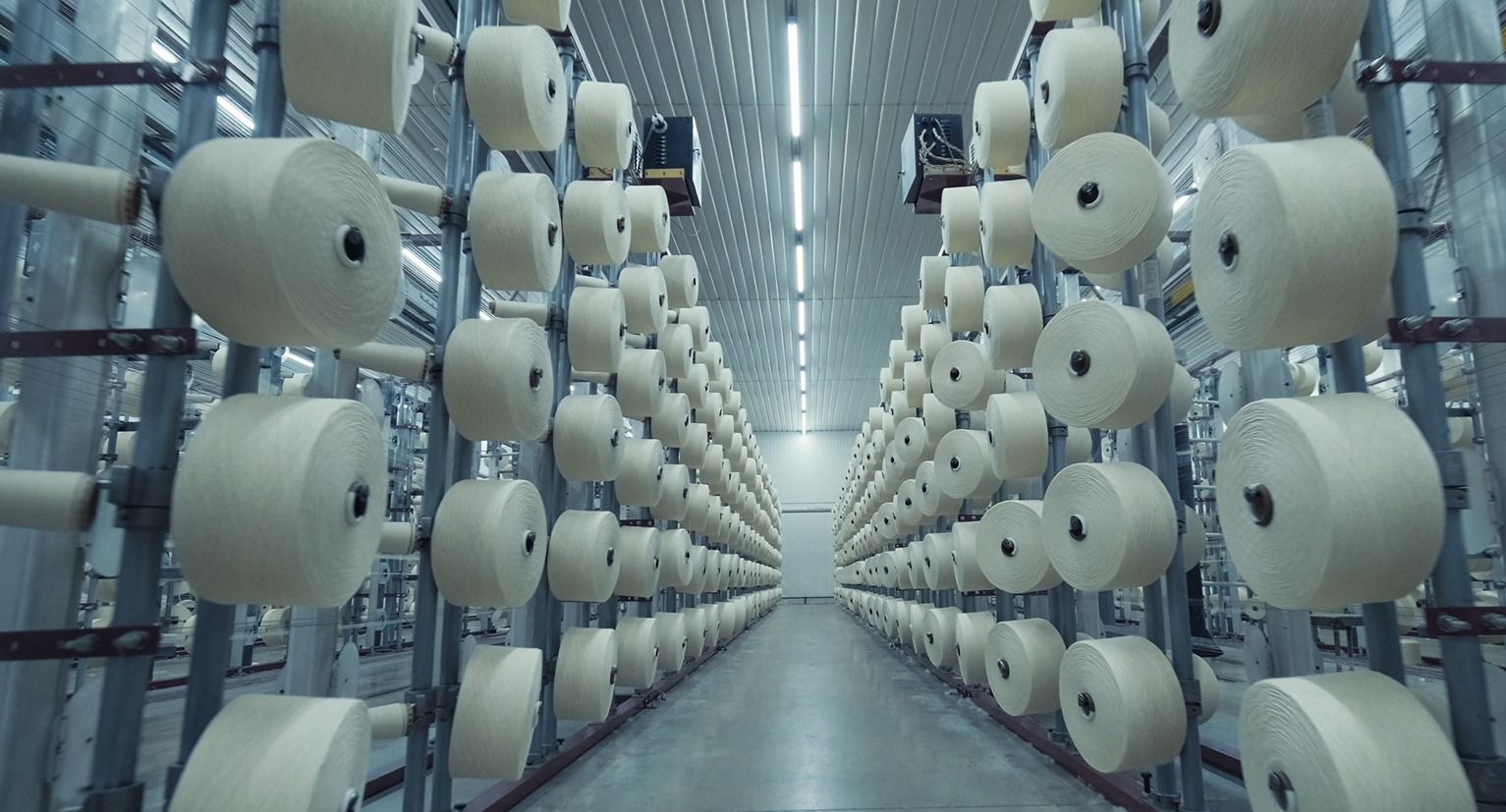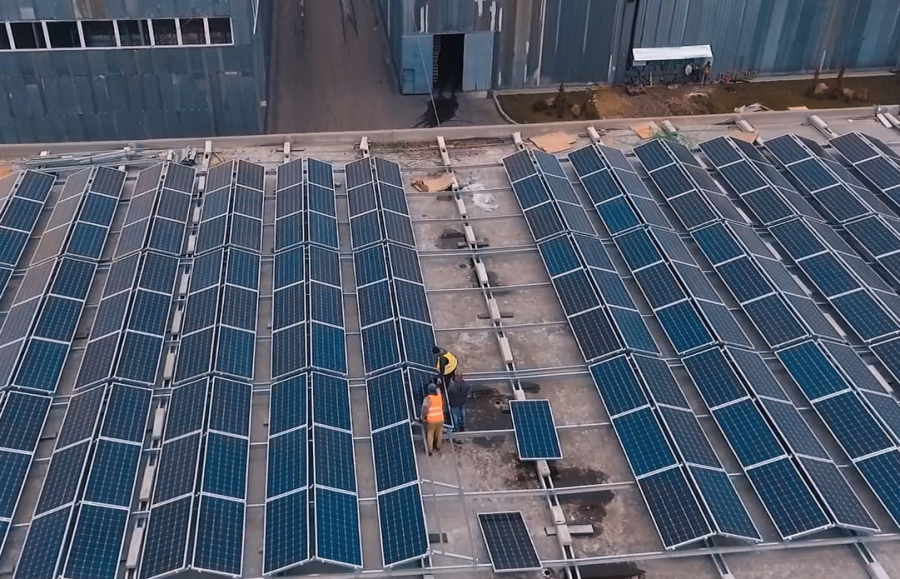The Cámara de la Industria Textil, Confección y Zonas Francas de El Salvador (CAMTEX), held its fifth sustainability forum called: The Challenge of Decarbonization, the impact of carbon footprint emissions.
During the event, held virtually, specialists from different geographical areas participated and shared strategies to improve environmental efficiency in production processes.
"El Salvador's industries have advanced and know about the benefits of implementing cleaner production practices and establishing the principles of a circular economy, to date according to the most recent survey of our sector, 83% of companies participate in global compliance programs required by large buyers, our customers", said Patricia Figueroa, executive director of the guild during the opening of the forum.
The textile, apparel and free trade zone sector in El Salvador currently has a strategic importance in the local economy, accounting for more than 78,000 jobs at the end of last year, where 57% of its workforce is made up of women. The fact of moving towards new production requirements dictated by the international market, ensures its competitiveness against other producing countries in different continents.

During the forum, one of the main presentations was given by the firm Peterson, which specializes in auditing, measuring and improving decarbonization processes on a global scale. Andrea Amador, project manager of the organization explained how this practice consists of reducing or eliminating all carbon gases caused by human activity, achieving net zero emissions.
"It is about gradually replacing fossil fuels with fuels that are less harmful to the environment. In this sense, decarbonization is achieved through the implementation of efficiency technologies and low-carbon energy sources", explained the specialist.
Currently 60% of industrialists in the textile, apparel and free zones sector have programs or investment projects in the use of energy from renewable sources, 43% of them also know about decarbonization programs and 13% are implementing programs directly related to the reduction of emissions in initial stages, according to the latest survey of the state of the sector at the close of the third quarter of the year.
"We know that there is still some way to go to be able to contribute to reaching the Paris Agreement signed in 2015, which aims to limit global warming to below 2°C starting from pre-industrial levels and to continue efforts to limit it to 1.5°C. To achieve this goal, countries will need to rapidly reduce greenhouse gas (GHG) emissions in order to reach carbon neutrality by 2030 and net zero emissions by 2050", concluded the executive director of CAMTEX.
The salvadoran industry is currently working to achieve this, with international organizations in various accreditations and programs. Each of these initiatives has required investments in responsible management of environmental strategies, responsible management of wastewater and waste such as HIGG INDEX, Roadmap to Zero of ZDHC, implementation of social programs of transparency and social compliance.
The textile, apparel and free trade zone sector also manages social responsibility programs in accordance with the Sustainable Apparel Coalition SAC, Worldwide Responsible Accredited Production WRAP and occupational health and safety programs in conjunction with the Social & Labor Convergence. International companies that manage their supply chain within national borders rely on the traceability and transparency provided by the regulatory framework of the CAFTA-DR free trade agreement and the Free Trade Zone Law to support their operations.
Translated by: A.M
 English
English  Español
Español 
